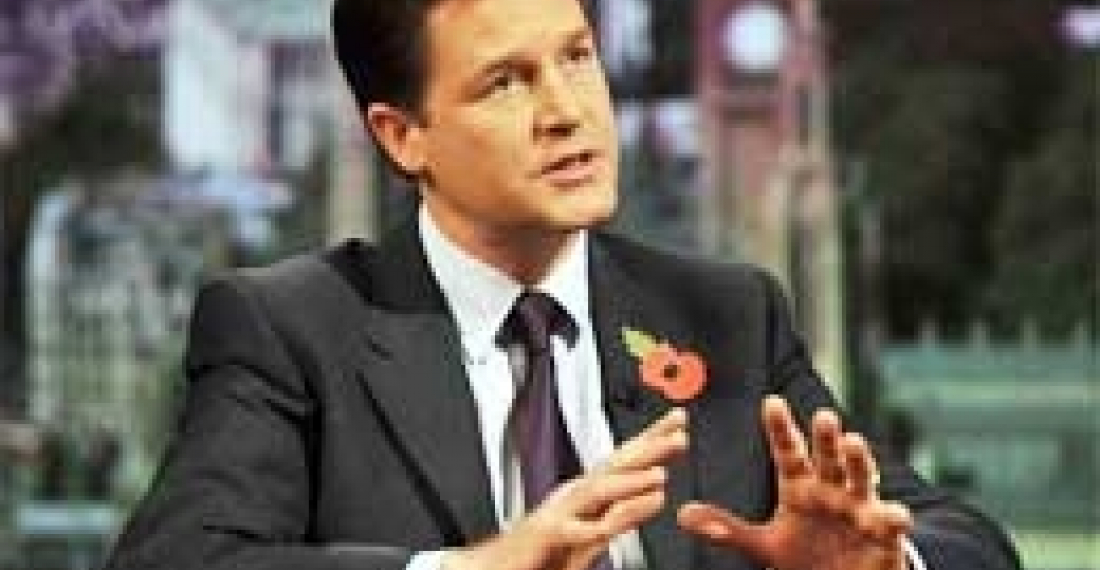"The EU wants to help Armenia and Azerbaijan resolve their conflict and we remain committed to helping Georgia protect its territorial integrity within its internationally recognised borders," Deputy Prime Minister Nick Clegg said at the conference "Eastern Partnership: Further Integration" prior to the EU Eastern Partnership Summit in Warsaw. "As we look back at the end of the Soviet Union - a moment when all Europeans watched with both awe and unease as old certainties vanished - we are again at a turning point in our history. Now, as then, Europeans face a choice. Drift apart, retreat to our corners, and undo the work of those who came before us. Or, amidst the challenges of our current problems, find each other once more. A united European Union, standing shoulder-to-shoulder with our partners in the East. Standing together for the sake of our common good," Clegg said.
He highlighted the importance of target-oriented measures to achieve the goals set. As for cooperation of the Eastern partnership member-states, he said the partnership will also seek to build regional cooperation. "The EU wants to help Armenia and Azerbaijan resolve their conflict and we remain committed to helping Georgia protect its territorial integrity within its internationally recognized borders," the deputy prime minister said. At the same time, he believes that the requirements of the Eastern Partnership project cannot be neglected. Though our country invested significant funds in the oil sector of Azerbaijan, it does not mean that our government does not care about the state of democracy in that country, he said and added that peace and stability in the region, resolution of the Karabakh conflict is also very important for his country. To recall, Armenian President Serzh Sargsyan will also attend the summit and met with the EU leadership on sidelines of the Summit in Warsaw.







